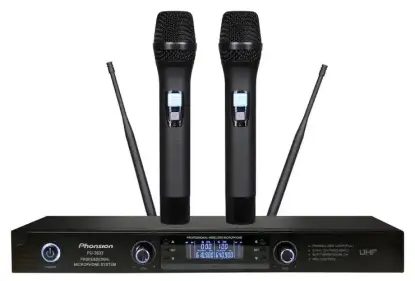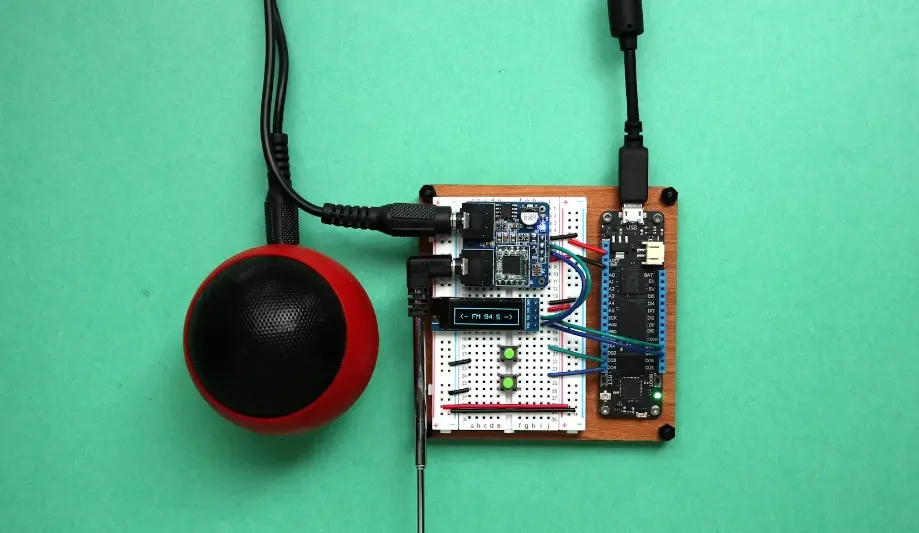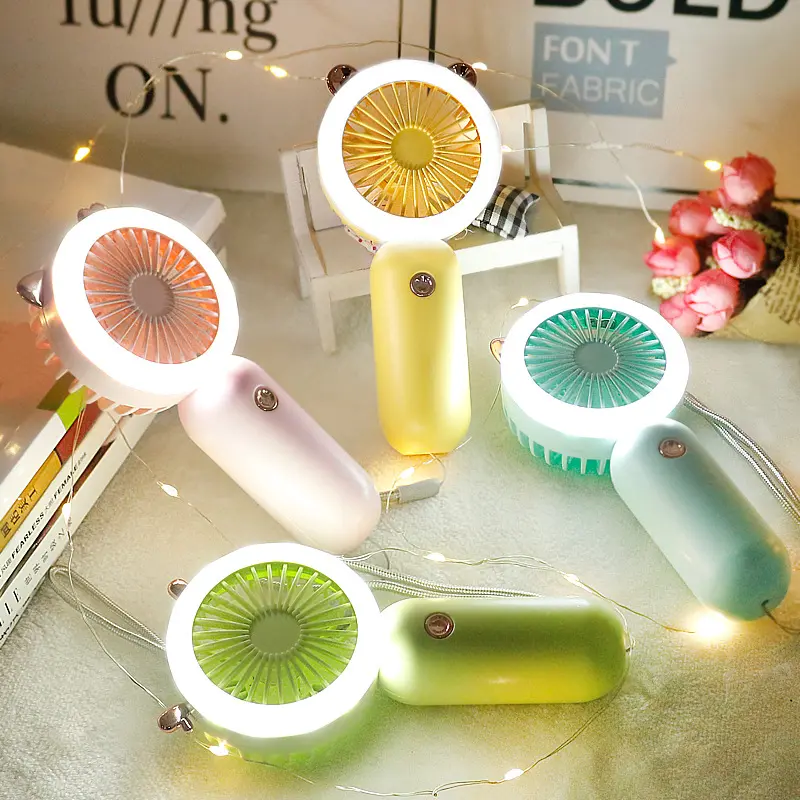
What is ASTM F1447-18 for Bicycle Helmets on Amazon US?
A bicycle helmet is defined as any headgear intended to protect the head from injuries while cycling, as indicated through marketing or promotional materials. If a bicycle helmet is primarily designed for children aged 12 years or under, it is considered a children's product under the Consumer Product Safety Act.
This policy does not apply to helmets marketed explicitly for other activities (e.g., skateboarding, roller skating, baseball, or hockey). However, if a helmet is intended for cycling alongside other activities, it falls under the scope of this policy.
Amazon requires all bicycle helmets to be tested and comply with the following regulations, standards, and requirements:

Compliance Requirements
1. A test report issued by an ISO 17025-accredited laboratory confirming that the product meets the above regulations, standards, and requirements.
2. General Certificate of Conformity (GCC).
Image Requirements
1. Model, part number, or item number.
2. Name and address of the manufacturer, importer, distributor, or authorized representative.
3. Product labels.
4. Compliance markings.
5. Hazard warnings.
6. User instructions and manuals.
About astm f1447
ASTM F1447 is a standard primarily for helmets used in recreational cycling or roller skating. The tests and requirements include:
Structure and Material Testing
- Outer Shell Material: Helmets must use robust, lightweight, and impact-resistant materials such as EPS (expanded polystyrene) foam to absorb and disperse impact effectively. These materials should also exhibit resistance to wear and flame.
- Liner Material: Liners should be soft, sweat-absorbent, and antibacterial, providing comfort while preventing bacterial growth. Liners must adjust properly to fit snugly with head movement.
- Retention Systems: Retention systems must be made of high-strength, lightweight materials (e.g., a combination of metal and plastic) to ensure helmet stability and prevent unintentional detachment.
Safety Performance Testing
1. Impact Absorption: Tests the helmet’s ability to absorb and disperse forces from impacts in various directions, including vertical and horizontal.
2. Penetration Resistance: Tests the helmet’s resistance to being pierced by sharp objects to prevent injuries.
3. Stability Tests: Includes positional stability (ensuring the helmet stays in place during impacts) and dynamic strength retention tests (checking helmet performance after exposure to environmental conditions).
4. Field of View: Ensures the helmet does not obstruct the wearer’s vision, allowing a clear view of the surroundings.
Environmental Adaptability Testing
1. High-Temperature Testing: Assesses performance changes after exposing the helmet to high temperatures, ensuring it retains impact absorption and stability.
2. Low-Temperature Testing: Similar to high-temperature testing but conducted in cold environments, ensuring the helmet does not become brittle or crack.
3. Moisture Testing: Checks if the helmet’s materials and retention system maintain their strength and functionality in humid conditions.
Label and Manual Testing
- Label Requirements: Helmets must have clear labels indicating manufacturer name, product name, model, size, safety information, compliance markings, and hazard warnings.
- Manual Requirements: Detailed usage instructions, warning information, and maintenance guidelines must be provided to ensure correct use.
Testing and Certification Requirements for ASTM F1447-18
To meet ASTM F1447-18 standards, helmets must pass the following tests:
1. Peripheral Vision Test: Helmets must not obstruct riders' vision.
2. Positional Stability Test: Helmets should not dislodge easily during falls.
3. Retention Strength Test: Straps must not stretch enough to cause helmet detachment during impacts.
4. Impact Attenuation Test: Helmets must significantly reduce the force transmitted to the head during impacts.
Safety and Warning Requirements under ASTM F1447-18
16 CFR Part 1203 requires that bicycle helmets meet specific safety and warning requirements. For instance:
1. Helmets must warn users that no helmet can protect against all impacts and that severe injuries or death may still occur (Section 1203.6(a)(2)).
2. Helmets must warn that they may no longer be safe after an impact, even without visible damage (Section 1203.6(a)(4)).
3. Helmets must warn that certain household chemicals can damage them, even if such damage is not visible (Section 1203.6(a)(5)).
4. Helmets must provide adequate peripheral vision, particularly 105 degrees on both the left and right sides (Section 1203.12).
Required Documentation
Amazon may request the following information at any time. It is recommended to keep this information readily accessible:
- Your company name (if applicable) and seller ID.
- Contact information: email address and phone number.
- A list of all bicycle, ski, and skateboard helmets for children that you offer.
- Product images for all helmets for children, which must include:
- Safety information.
- Compliance markings (including tracking labels).
- Hazard warnings.
- Children's Product Certificate (CPC) for all helmets designed for children.
- Test reports from CPSC-accredited laboratories confirming compliance with the above regulations/standards.
Note: Test reports must include product images showing packaging, compliance markings, warning labels, and age grading (if applicable). The product images in the test report must match those on the product detail page.
Penalties for Non-Compliance
Failure to provide the required documentation by the applicable deadline may result in:
- Removal of relevant product listings.
- Suspension of your ability to add new products and/or list products for sale.
- Withholding of any funds payable to you.
- Legal action by Amazon.
Amazon reserves the right to take any further actions deemed necessary.
Certification Process
1. Submit a product sample (one set).
2. Fill out the application form.
3. Sign and stamp the contract for quotations provided by your company and the testing lab (payment must be completed before testing begins).
4. Testing will be completed within 5-7 business days after receiving the sample.
5. Confirm the draft report for accuracy.
6. Receive the finalized report.
China's JJR Laboratory is ISO17025 certified, meeting platform qualification requirements. We provide one-stop guidance from product testing, warning labels, registration cards, product labeling, and packaging to help clients successfully pass the review process.
Email:hello@jjrlab.com
Write your message here and send it to us
 Wireless Microphone Export Certification
Wireless Microphone Export Certification
 Audio-Visual Products SNI Certification in Indones
Audio-Visual Products SNI Certification in Indones
 FCC-ID: Still Needed if Module is Certified?
FCC-ID: Still Needed if Module is Certified?
 FCC Certification Fees for Handheld Fans
FCC Certification Fees for Handheld Fans
 FCC Certification Testing for Smart Lighting Produ
FCC Certification Testing for Smart Lighting Produ
 What is the ETSI EN 303 645 Testing Standard?
What is the ETSI EN 303 645 Testing Standard?
 UL Compliance and ETL Certification for LED Lighti
UL Compliance and ETL Certification for LED Lighti
 What is the IEC 60598 Standard?
What is the IEC 60598 Standard?
Leave us a message
24-hour online customer service at any time to respond, so that you worry!




